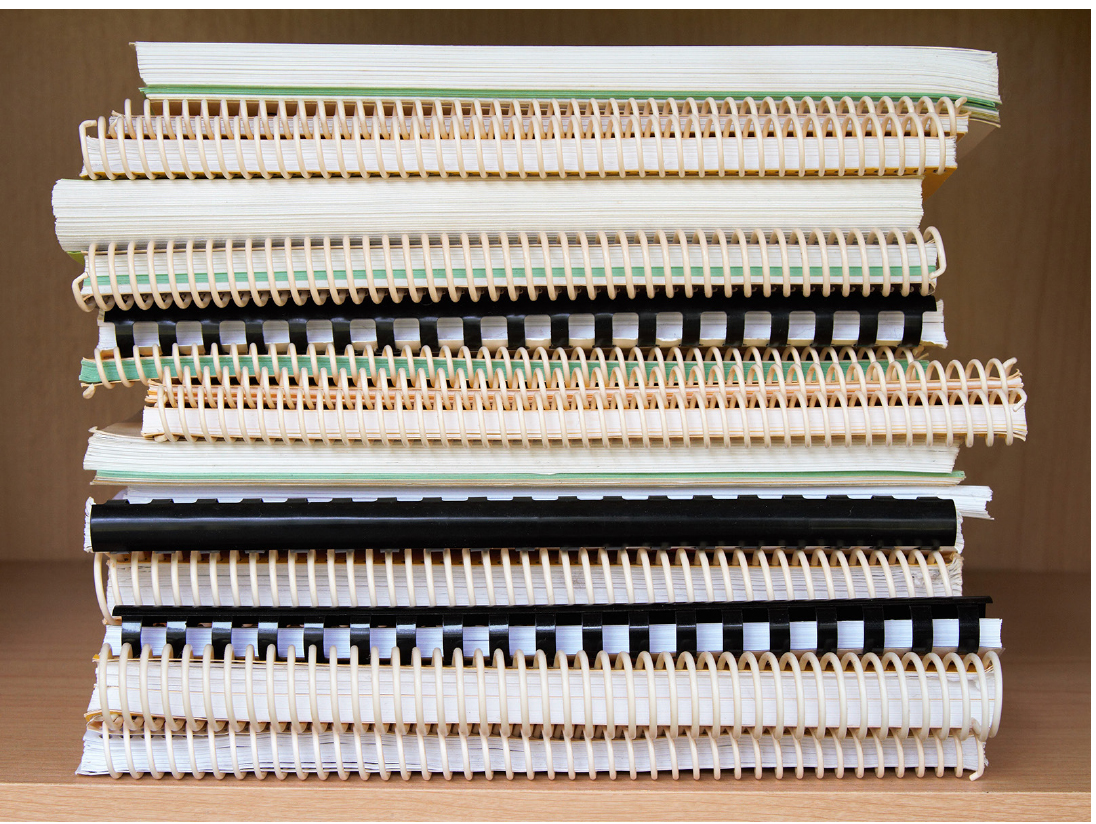By Christopher Lyon, NTEA Director of Fleet Relations
Meet our experts
This article was published in the April 2020 edition of NTEA News.
Most commercial vehicle professionals aim to become established as experts in their field. Many in both supply and purchasing have come up through the vocation and believe they’re staying ahead of the curve on the latest market trends and shifts.
The way to approach sales calls and visits has changed considerably over the last decade. Likewise, the technology and complexity embedded into today’s trucks has increased tenfold. The truck of the future — everyone’s dream in the last century — is here.

Your customers should be asking how they can keep up with all of these changes. If they aren’t, this could present an opportunity to help them dust off their training manuals. Working with customers to establish training and education protocols is a high-value-added service. Some fleets already have formal training programs, but may not actively utilize them if they don’t see the need or feel they can’t afford to invest the time.
As a supplier, you are the product expert and can help educate fleets on aspects pertaining to your product lines, including
- New and improved equipment
- Vehicle design changes
- Updates to state and federal regulations
- Changes in vehicle maintenance requirements
Be part of the solution
This is significant for any strategic partnership. To begin, it’s important to know your customers and their individual needs. While many fleet professionals have worked to establish themselves as experts, purchasing roles for some organizations have expanded beyond traditional fleet managers. They may be handled by a sourcing or purchasing department or fleet management company. Understanding their level of comprehension can be critical when working with them on a training regimen.
It’s also key to understand end user vehicle and equipment requirements. Someone in a sourcing or purchasing department may not have the necessary training to understand every aspect of a complex work vehicle. Being preemptive and asking the right questions will enable you to better serve customers and ensure they have the right information for their internal organizations.
Although customers may have previous experience with similar equipment, training should always be offered for any new piece of equipment that’s delivered. In addition, operator training may need to involve both daily operations and maintenance. One small distraction or misstep can lead to an adverse and costly event, which is why it’s essential to engage customers in the importance of training.
For more fleet information, visit ntea.com/fleetresources.
